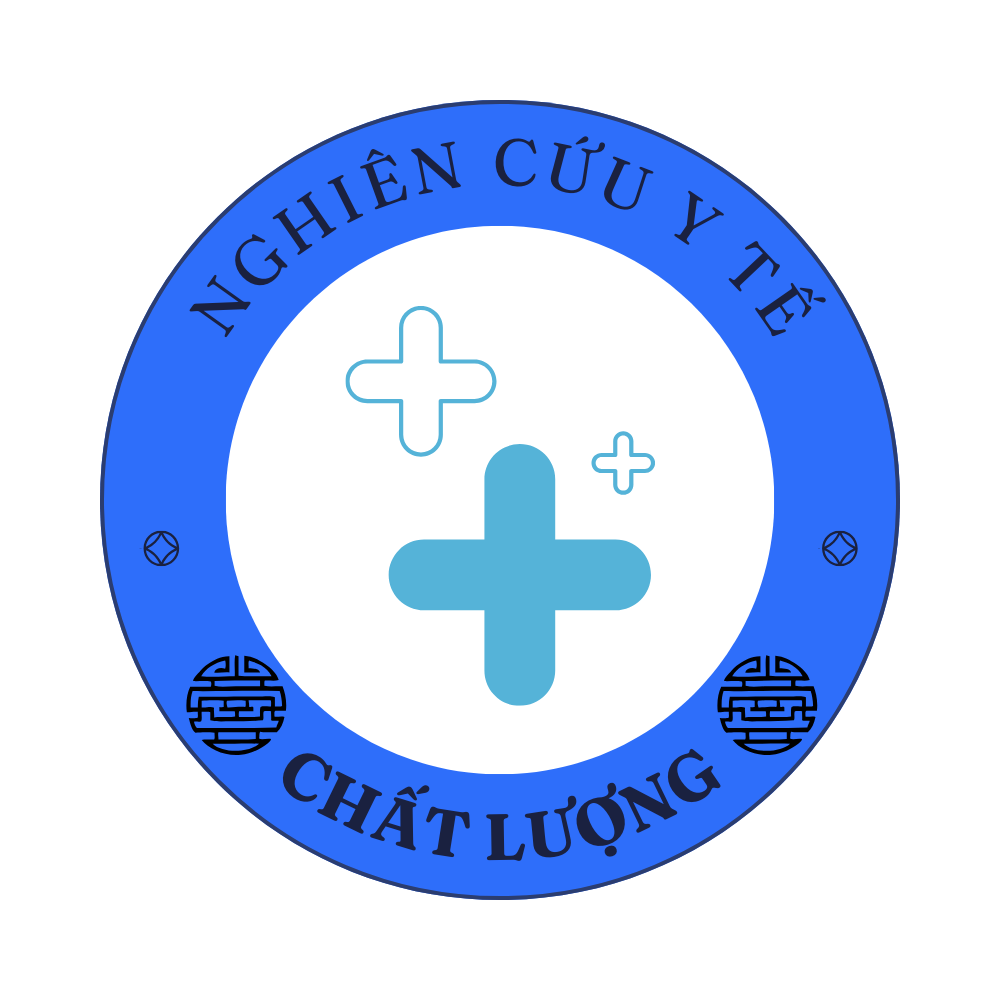
Software technology is the invisible force powering much of the modern world. Every time we send a message, stream a video, book a flight, or check our bank balance online, we are relying on complex software systems working behind the scenes. At its essence, software technology is the art and science of writing instructions that tell machines what to do. These instructions—carefully crafted in programming languages like Java, Python, and Swift—form the backbone of applications that serve billions of people every day.
The rise of software has revolutionized every major industry. In healthcare, software helps manage electronic medical records, assist in diagnoses, and deliver telemedicine. In education, it powers e-learning platforms that bring knowledge to students anywhere in the world. In entertainment, streaming services, video games, and virtual reality experiences are all made possible by sophisticated software engineering. Even daily life is enhanced by software, from smart home devices that adjust lighting and temperature, to navigation apps that suggest the fastest route home.
What makes software technology so powerful is its endless adaptability. It can be updated, scaled, or completely reimagined with the push of a button. With the integration of artificial intelligence, software is now capable of learning, adapting, and making decisions—enabling breakthroughs like self-driving cars, intelligent chatbots, and real-time language translation. Developers and engineers are no longer just building tools; they are creating intelligent systems that can evolve and grow.
But as software grows more powerful, the responsibilities of those who build it also increase. Security, privacy, and ethical concerns are more important than ever. A single bug or security flaw can affect millions. Therefore, modern software development emphasizes not just speed and innovation, but also reliability, security, and human-centered design.
Looking ahead, the future of software technology is full of promise. With advancements in quantum computing, augmented reality, and the Internet of Things, the next generation of software will be even more immersive, efficient, and intelligent. As the world becomes more connected, software will continue to shape how we learn, communicate, and solve global challenges. In many ways, learning to understand and build software today is not just a technical skill—it’s a key to unlocking the future.


CÓ THỂ BẠN QUAN TÂM
Hướng Dẫn Sở Hữu & Đồng Hành Cùng Căn Hộ SkyOne – Cùng Bạn Vượt Qua Mọi Băn Khoăn Từ A-Z!
Chấn thương Musiala: Bayern Munich đối mặt khủng hoảng
Phạt Nguội – Check Phạt Nguội – Tra Cứu Phạt Nguội: Những Điều Người Tham Gia Giao Thông Cần Biết
Mastering Modern Finance: Strategies For Smart Investment And Banking Innovation
Hội nhóm sửa chữa cửa cuốn Thạch Thất – Kết nối thợ giỏi, xử lý sự cố 24/7
TOP 3 thương hiệu máy cắt nhôm uy tín tại Việt Nam
Top 3 broker Forex uy tín không thể bỏ qua cho trader
Dịch Vụ AEO: Tối Ưu Nội Dung Để Được Chọn Bởi Trí Tuệ Nhân Tạo